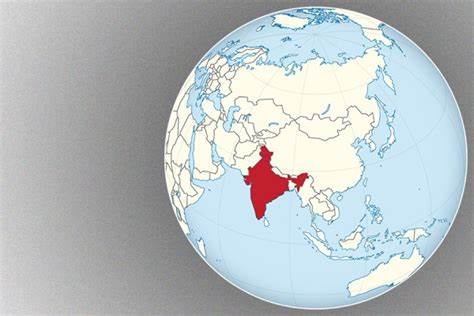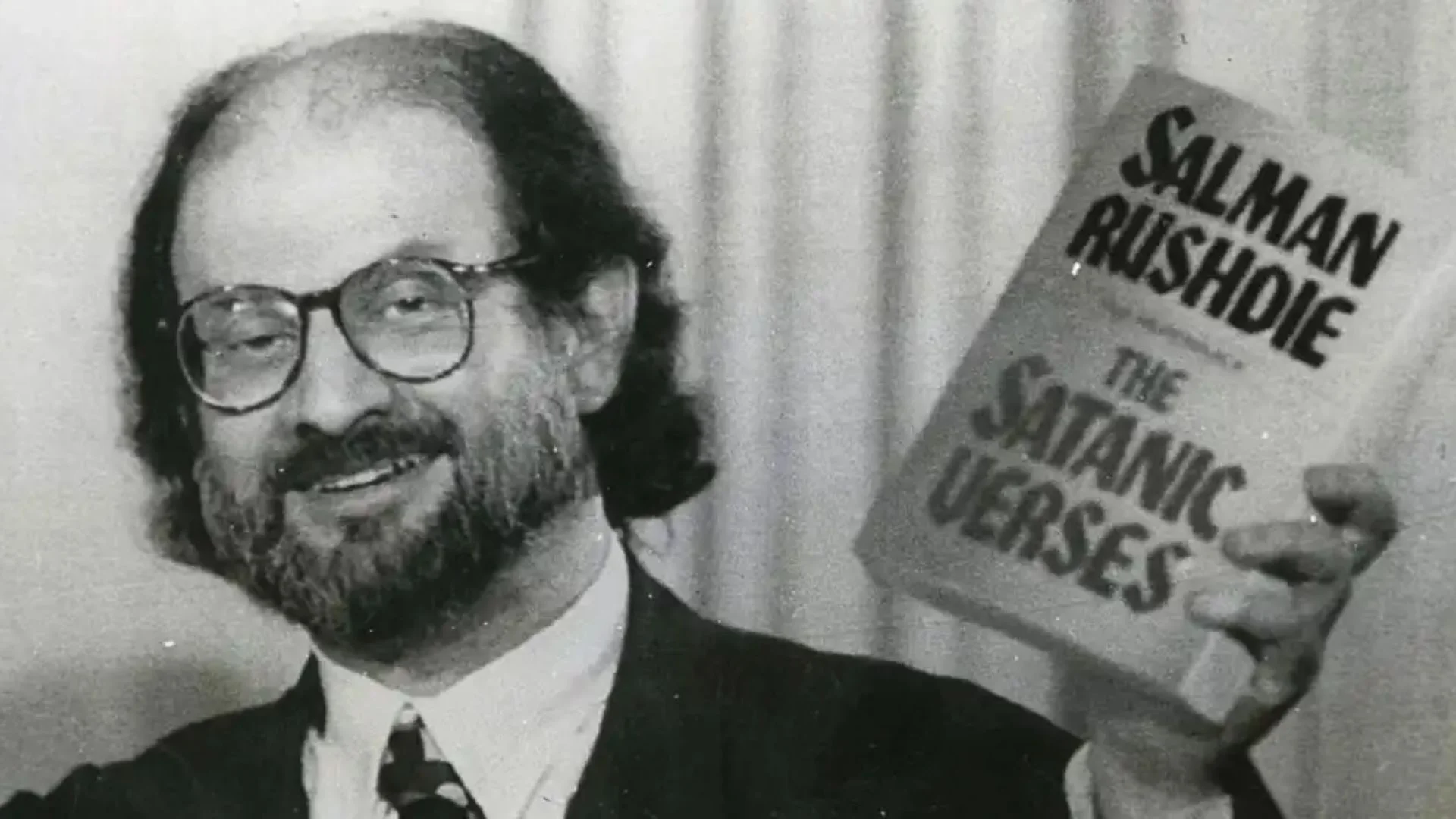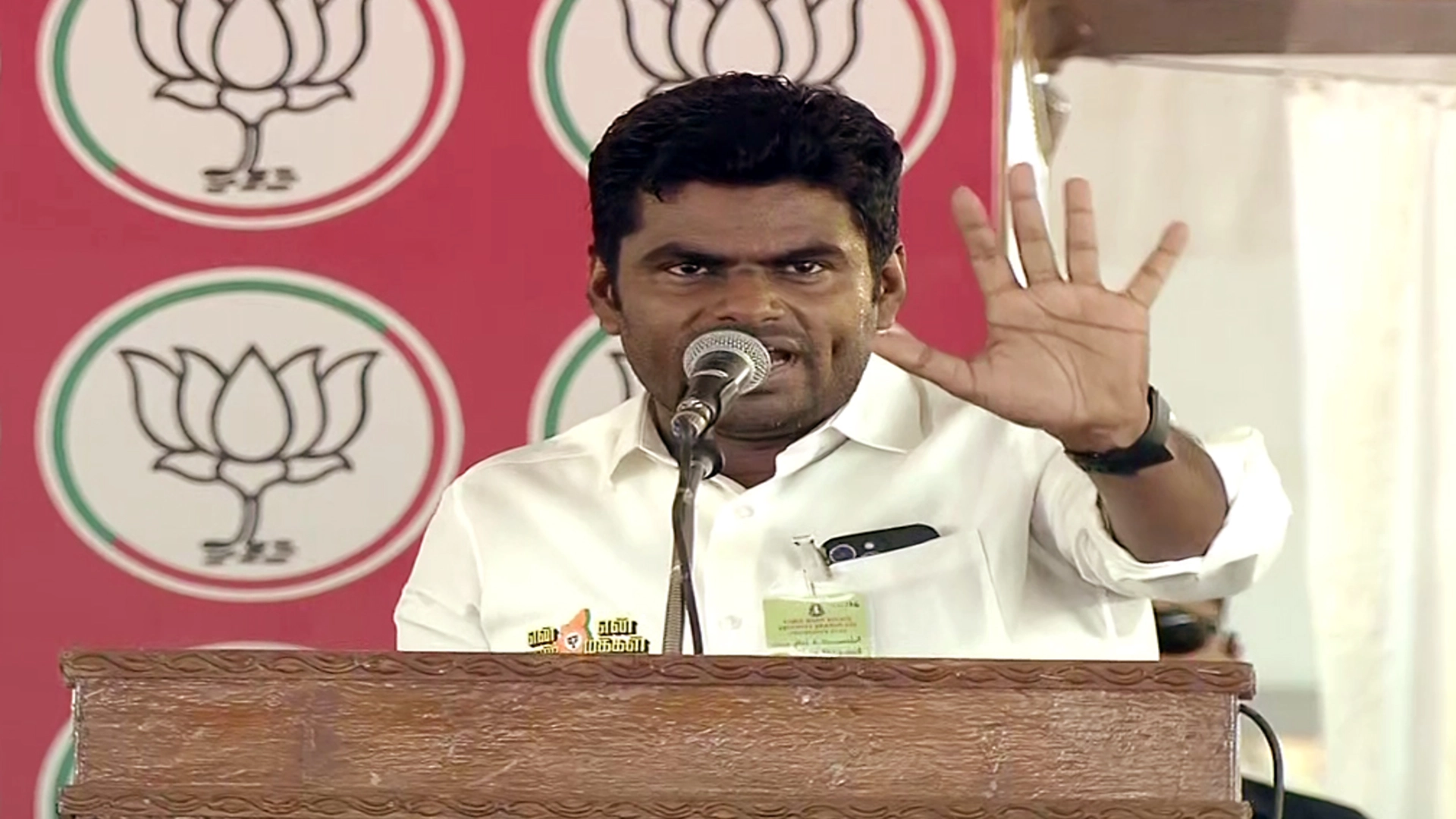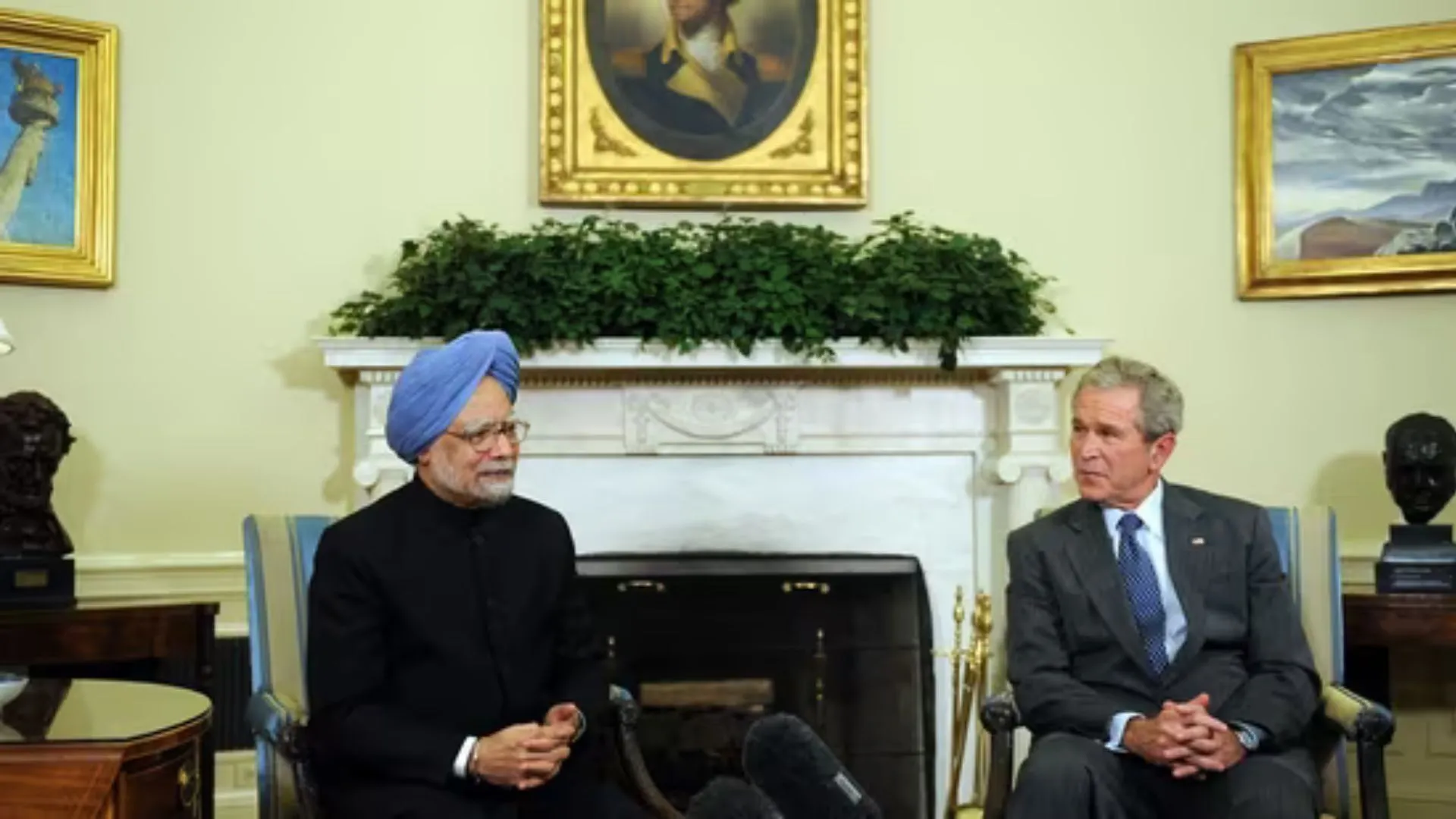At a historic International Court of Justice (ICJ) hearing on Thursday, India criticized developed nations for their disproportionate role in causing climate change while failing to fulfill their promises on climate finance.
Representing India, Luther M. Rangreji, Joint Secretary at the Ministry of External Affairs, asserted, “If the contribution to degradation is unequal, the responsibility must also be unequal.”
Impact on Developing Nations
India highlighted how developing nations bear the brunt of climate change despite contributing the least to global carbon emissions. Rangreji noted that the developed world, having reaped the benefits of fossil fuels, now discourages developing nations from using their own resources.
“It is unjust to expect developing nations to forgo their energy resources when those who caused the crisis are better equipped to address it,” he stated.
Unmet Climate Finance Promises
India also called out developed countries for failing to meet their climate finance commitments, including the $100 billion annual pledge made at COP15 in 2009. The recently proposed climate finance package at COP29 in Azerbaijan was labeled “too little, too distant” to meet the immediate needs of the Global South.
India’s Climate Commitments
Reaffirming its dedication to the Paris Agreement targets, India emphasized balancing environmental goals with citizens’ welfare.
“There is a limit to how much we can burden our citizens while striving to meet Sustainable Development Goals for one-sixth of humanity,” India stated.
Global Significance of the Hearing
The ICJ hearing, initiated by Pacific island nations and Vanuatu, seeks to clarify the legal obligations of countries to combat climate change. While the advisory opinion will be non-binding, it could establish a critical moral and legal benchmark in global climate action.
Over the next two weeks, 98 nations, including large emitters and vulnerable island states, will share their perspectives.
A Call for Global Fairness
India’s message underscored the need for equity in climate responsibility, urging developed nations to take meaningful action while supporting developing countries in their sustainable growth.






















